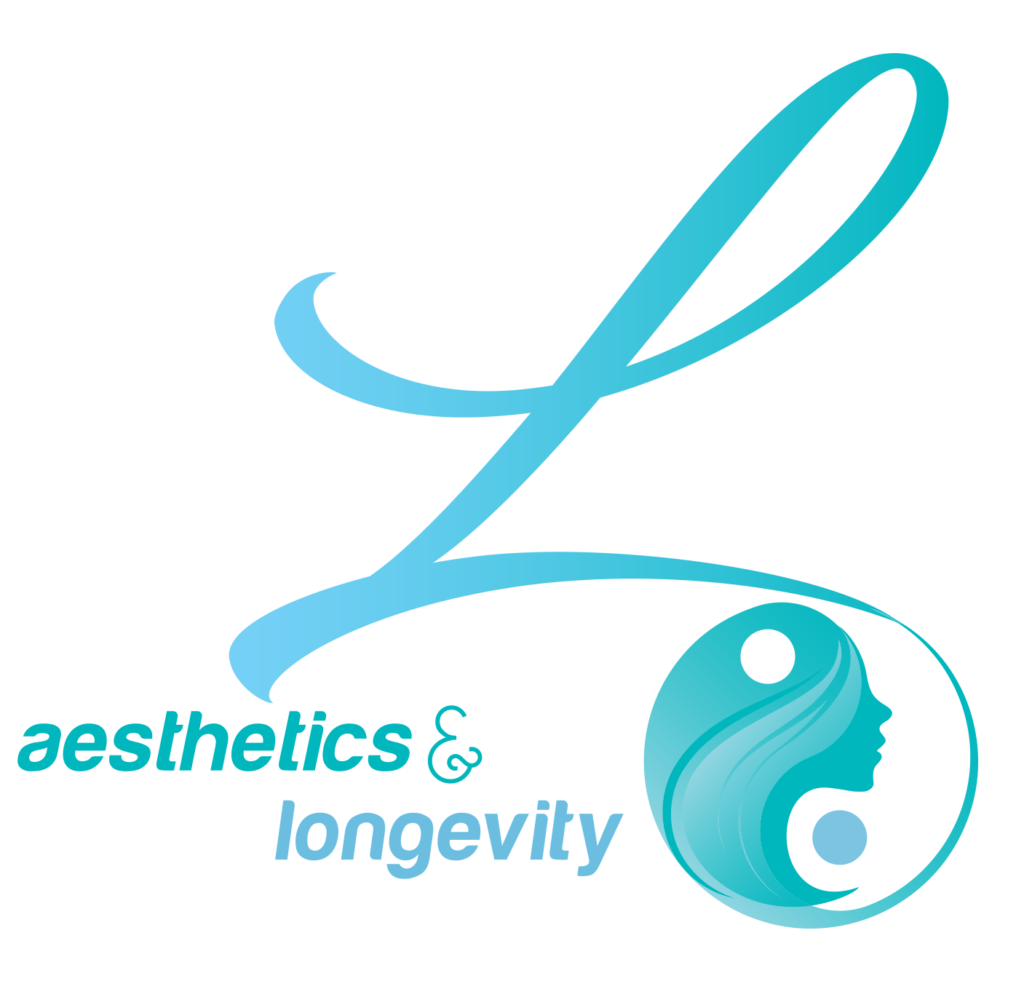Written by: Rebecca Marroquin, L.E
Rosacea is a long-lasting (chronic) skin disease that affects the face, primarily the forehead, nose, cheeks, and chin. The signs and symptoms of rosacea vary, and they may come and go or change over time.
There are three main types of rosacea, categorized by their primary signs and symptoms. Erythematotelangiectatic rosac
Rosacea triggers:
Some factors can aggravate rosacea or make it worse by increasing blood flow to the surface of the skin; these include:
-
- extremes of temperature
- sunlight, humidity, or wind
- stress, anxiety
- vigorous exercise
- hot baths or saunas
- some medications, such as corticosteroids and drugs for treating high blood pressure
- some chronic medical conditions – such as hypertension (high blood pressure)
Foods and drinks that may trigger rosacea include:
-
- hot foods and beverages
- caffeine
- dairy products
- spices and seasonings that contain capsaicin, for example, hot sauce, cayenne pepper, and red pepper
- alcohol, including wines and hard liquors
- foods containing cinnamaldehyde, such as tomatoes, chocolate, and citrus fruits
Treatments:
The goal of treatment is to control the symptoms associated with rosacea with:
- Diet modifications, avoiding food that will dilate the skin’s blood vessels, such as caffeine, spicy foods, and alcohol
- Topical and oral antibiotics
- Chemical Peels/Retinol
- IPL
- Dermabrasions
- Electrosurgery
